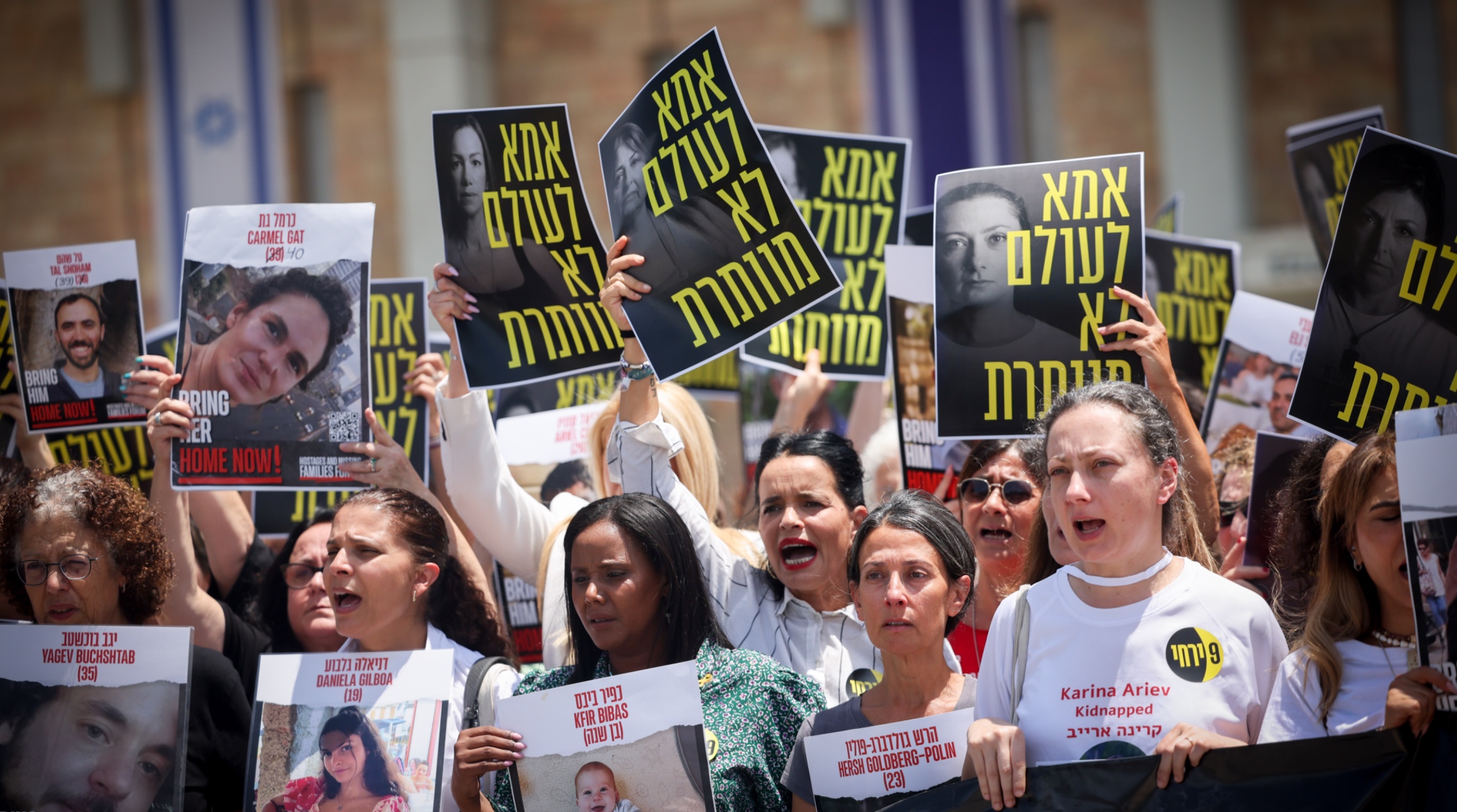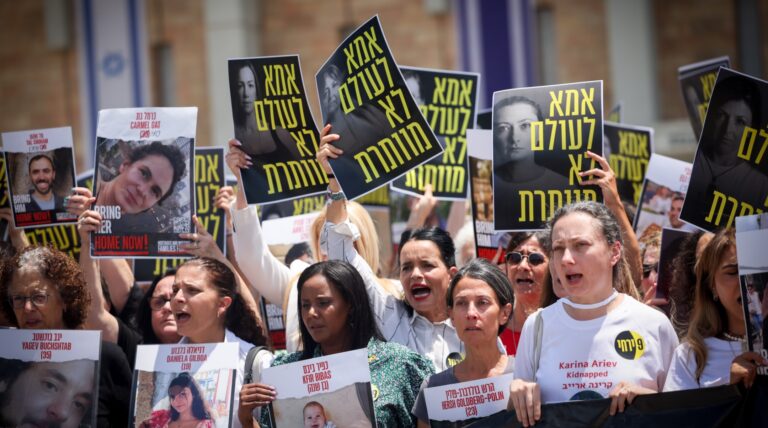
Israeli Prime Minister Benjamin Netanyahu outlined conditions for a ceasefire agreement with Hamas amid mounting pressure to secure the release of over 100 Israeli hostages held by the terrorist group in Gaza.
Netanyahu’s statement followed the presentation of a new ceasefire proposal by Hamas, which no longer insisted on Israel committing to end the conflict as a condition for the truce. This development has reignited negotiations between the two parties.
Netanyahu’s demands included the ability for Israel to resume military operations post-ceasefire, a cessation of weapons smuggling from Egypt to Gaza, prevention of thousands of Hamas fighters from returning to northern Gaza, and the priority of maximizing the number of live hostages released in the agreement, as more than 40 captives are feared to be deceased.
In response, Hamas accused Netanyahu of introducing additional obstacles to the negotiation process and urged mediators to counter his maneuvers.
Netanyahu suggested that the military pressure exerted, such as the Israeli invasion of Rafah in southern Gaza, has increased the likelihood of reaching a deal. According to a statement, “The Prime Minister’s unwavering stance against halting IDF operations in Rafah is what prompted Hamas to engage in negotiations.”
The list of demands reportedly caught Israeli security officials off guard, signaling a strong desire within Israel for a resolution after nine months of conflict.
Over the weekend, thousands of Israelis staged massive protests, marching to Netanyahu’s residence and advocating for acceptance of the proposed deal. Even President Isaac Herzog, known for avoiding overtly political statements, publicly endorsed the need for an agreement.
“The entire nation desires the return of the hostages, with a decisive majority supporting the proposed deal,” Herzog stated. “It is the state’s responsibility to secure their release, as this sentiment reflects the national consensus.”
The Hostages and Missing Families Forum, representing relatives of the captives, urged Netanyahu to postpone a scheduled speech to the U.S. Congress until a deal is finalized.
“For 9 months, 120 innocent individuals have been held captive in Gaza by Hamas,” the group’s statement read. “The families of the hostages endure daily anguish over potential abuse and forced pregnancies. We implore Prime Minister Netanyahu to prioritize the release of the hostages before traveling to the US for his congressional address.”
However, Netanyahu’s far-right coalition partners opposed the proposed deal, warning of potential consequences if Hamas is not fully dismantled.
If Finance Minister Bezalel Smotrich and National Security Minister Itamar Ben-Gvir withdraw their support from Netanyahu’s government over the deal, early elections may be triggered, a scenario the prime minister aims to avoid.
The ceasefire proposal endorsed by the Biden administration includes a phased release of vulnerable populations in exchange for a ceasefire and the release of Palestinian prisoners. Both Israel and Hamas are considering the terms, with ongoing military operations in Gaza complicating the negotiation process.
Internally, the Israeli military is looking to shift its focus towards the northern border amid escalating tensions with Hezbollah in Lebanon, a position supported by Defense Minister Yoav Gallant, who has been increasingly at odds with Netanyahu.
In Gaza, clashes persist as the Israeli military announced a new offensive in the northern part of the territory, signaling continued hostilities despite ceasefire negotiations.

